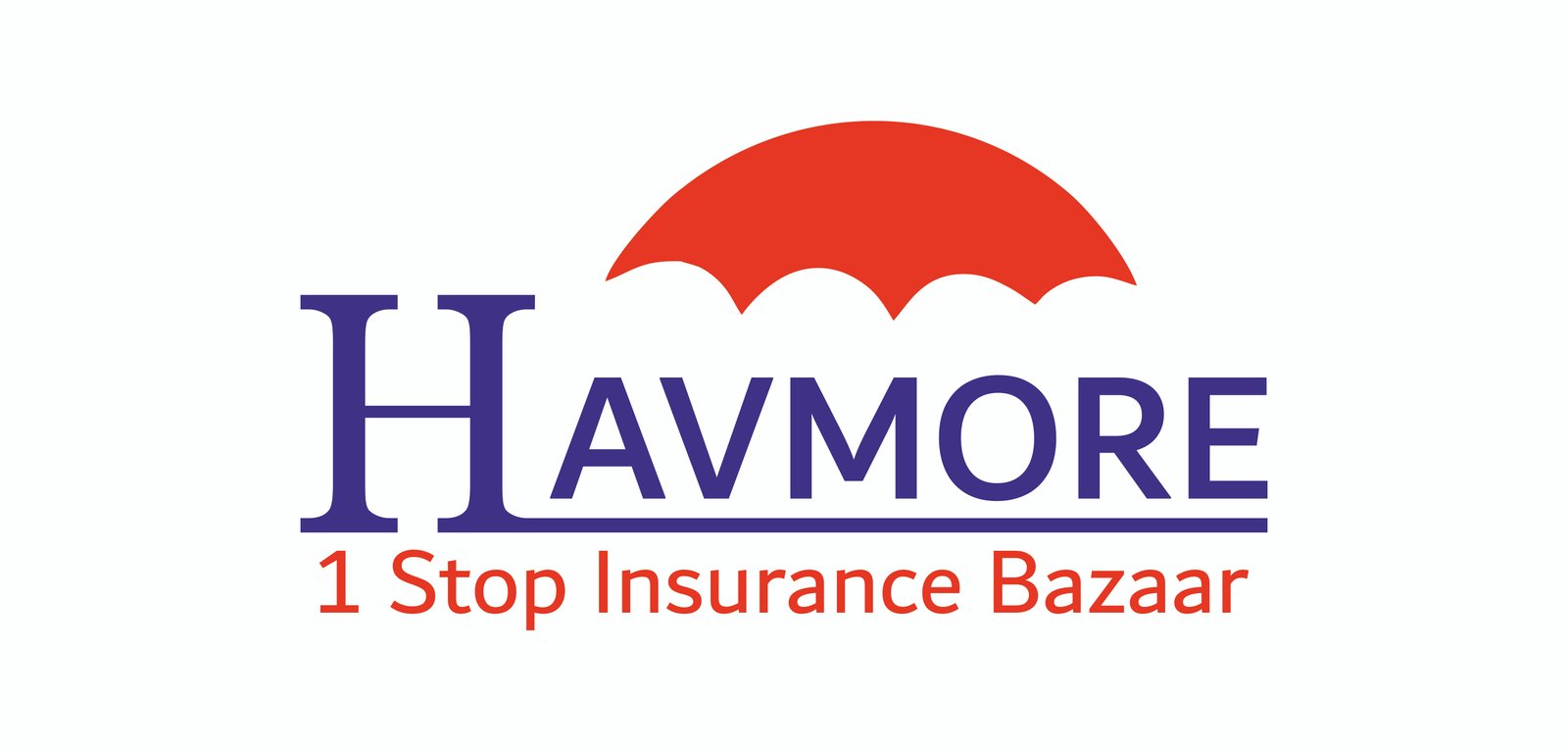GET A FREE QUOTE On SALES TRUNOVER POLICY
Sales Turnover Policy (STOP)
The Sales Turnover Policy (STOP) is a type of insurance designed to protect businesses from potential financial losses arising from the interruption of their operations due to unforeseen events. Unlike traditional business interruption insurance, which typically ties coverage to physical assets, STOP links coverage to the business's sales turnover, providing protection against lost revenue or profits during a crisis.
This policy is particularly beneficial for businesses with fluctuating revenues or those whose operations heavily rely on continuous production and sales.
Benefits of Sales Turnover Policy (STOP)
- 1.Comprehensive Coverage for Revenue Loss
STOP ensures that a business's income stream is protected, helping maintain financial stability during disruptions.
- 2.Customized to Business Needs
The policy can be tailored to specific industries and business models, accommodating seasonal variations in sales or unique risk exposures.
- 3.Flexible Indemnity Periods
Businesses can choose indemnity periods that align with their operational needs, ensuring recovery time is adequately covered.
- 4.Covers Multiple Risks
This policy provides protection against a variety of risks, including natural disasters, machinery breakdowns, supply chain disruptions, and more.
- 5.Business Continuity
By compensating for lost turnover, STOP helps businesses retain market share, pay fixed costs, and recover faster.
- 6.Risk Mitigation
With a STOP policy in place, businesses can confidently manage potential disruptions without fearing significant financial setbacks.
Features of Sales Turnover Policy (STOP)
- 1.Revenue-Linked CoverageUnlike traditional policies tied to asset values, STOP calculates coverage based on the business's gross sales turnover.
- 2.Indemnity Period OptionsPolicyholders can choose the length of the indemnity period, which could range from a few months to several years, depending on their recovery expectations.
- 3.Adjustable Sum InsuredThe sum insured can be adjusted based on past or projected sales figures, providing flexibility for businesses with dynamic revenue patterns.
- 4.Wide Risk CoverageSTOP policies generally include protection against risks like fire, natural disasters, breakdowns, cyber-attacks, or any event that halts production or sales.
- 5.Supplementary Coverage OptionsBusinesses can add extensions for risks like loss of market share, third-party disruptions, or supplier insolvency.
- 6.Proactive Risk ManagementMany insurers offer risk assessment and advisory services as part of the policy, helping businesses identify and mitigate vulnerabilities.
Why Should You Take a Sales Turnover Policy (STOP)?
- 1.Unpredictability of Risks
Disruptions like natural disasters, fires, pandemics, or supply chain failures can strike without warning. STOP offers a safety net for such events.
- 2.Focus on Revenue Protection
Unlike asset-based policies, STOP is directly tied to your business’s revenue, making it more relevant for service-oriented and sales-driven industries.
- 3.Ensures Business Survival
During operational downtime, businesses face fixed costs like salaries, rents, and loan repayments. STOP ensures these costs can be met even when revenue streams are impacted.
- 4.Catering to Dynamic Business Models
For businesses with fluctuating sales patterns, the policy offers flexibility and customization, ensuring effective coverage.
- 5.Boosts Stakeholder Confidence
Having a STOP policy demonstrates a commitment to risk management, which can enhance relationships with stakeholders, including investors, lenders, and partners.
Who Should Take a Sales Turnover Policy (STOP)?
- 1.Manufacturers and Producers
Companies with significant production operations can benefit, as a halt in manufacturing directly impacts sales.
- 2.Retail Businesses
STOP is vital for retailers who rely on a continuous flow of inventory and sales.
- 3.Service-Based Companies
Businesses in consulting, IT, or other services with revenue tied to project completion can use STOP to safeguard their income
- 4.Supply Chain-Dependent Firms
Businesses relying heavily on suppliers or logistics partners should consider STOP to cover disruptions in their supply chains.
- 5.Seasonal Businesses
Companies with peak sales seasons (e.g., holiday retailers, tourism operators) can protect their critical revenue periods with STOP.
Frequently Asked Questions (FAQs) About Sales Turnover Policy (STOP)
- Q: How is the premium calculated for STOP?
Premiums are typically based on your business’s annual turnover, the nature of your industry, risk factors, and the selected indemnity period.
- Q: Can I customize the policy to include additional risks?
Yes, most insurers offer customization options, allowing businesses to include risks specific to their operations.
- Q: What happens if my actual turnover is different from the projected turnover?
STOP policies often include adjustment clauses, enabling you to reconcile the coverage based on actual turnover at the end of the policy period.
- Q: Is there a waiting period before the policy kicks in?
Yes, most STOP policies include a waiting or deductible period, which is the time between the occurrence of the disruption and the start of coverage.
- Q: Does the policy cover penalties for failing to meet contracts?
Some policies may include extensions to cover contractual penalties, but this depends on the insurer and the policy terms.
- Q: Can I claim for partial disruptions in business operations?
Yes, many STOP policies allow claims for partial disruptions, ensuring even reduced turnovers are compensated.
Get In Touch
206, 2nd Floor, Sagar Avenue,ICICI Building, S. V. Road,Andheri (W),Mumbai – 400 058, India.
info@havmoreinsurance.com
Quick Links
© Havmore. All Rights Reserved. Designed by Envisageideas.com
